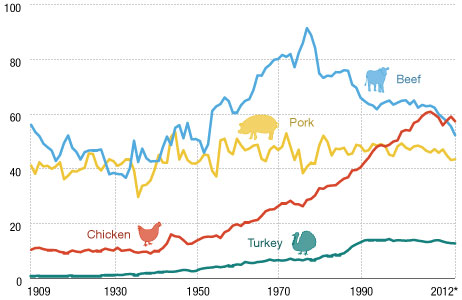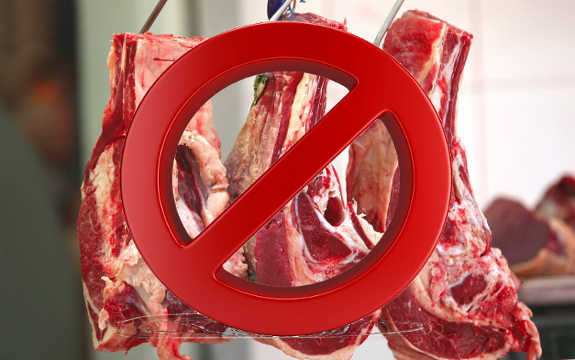

Q: Why do new reports in the Annals of Internal Medicine discredit earlier studies?ĭr. This is unfortunate and, I believe, irresponsible.

I totally disagree with the new reports that downplay past dietary studies. There also may be other genetic or environmental factors, or a combination of factors, we haven’t uncovered yet. High levels of TMAO in your blood increase your risk of hardened arteries, heart attack and stroke. Microbes in your gut break down these nutrients, generating TMAO (trimethylamine-N-oxide). New data also points to choline and carnitine, other nutrients in red meat. Two likely contributors are the higher cholesterol and saturated fat content in red meat. It’s remarkably consistent.Įxactly how red meat contributes to heart disease is debated. Hazen: There have been innumerable studies - looking at hundreds of thousands of patients with millions of years of follow-up - that show a connection between eating red meat, getting heart disease and dying from heart disease. Q: Why has beef and other red meat been linked to heart disease?ĭr. Don’t go restocking your freezer with steaks and burgers just yet. That has launched a barrage of news stories claiming that red meat has gotten a bad rap.īut take this news with a grain of salt. They say the data isn’t strong enough to make dietary recommendations. However, new analysis published in the Annals of Internal Medicine questions everything we’ve believed about red meat.Īuthors of these new reports say that evidence linking red meat to heart disease (and cancer and other diseases) is relatively weak. PolicyĪnd many doctors, like Stanley Hazen, MD, PhD, Co-Section Head of Preventive Cardiology, recommend the Mediterranean diet, which allows little if any red meat. We do not endorse non-Cleveland Clinic products or services. Advertising on our site helps support our mission. Cleveland Clinic is a non-profit academic medical center.


 0 kommentar(er)
0 kommentar(er)
